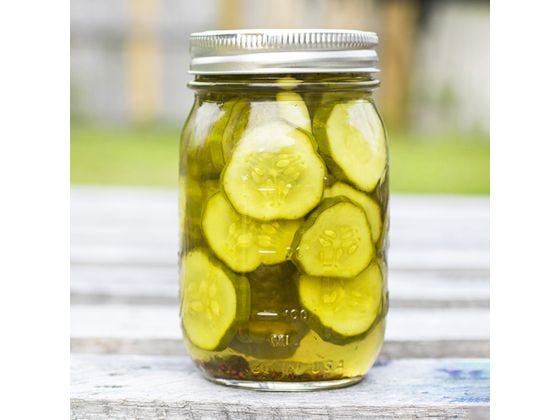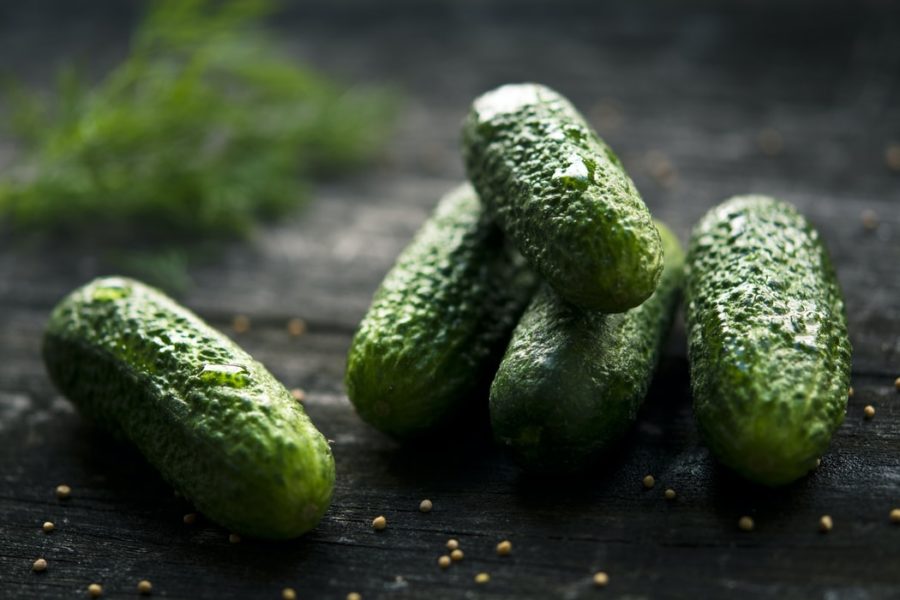Pickles can be a salt and crunch craving go-to, just keep these points in mind.
Here’s what a nutritionist says-
The following written content by Cynthia Sass, RD, MPH
I’m a pickle lover. I find the sourness, salt, and crunch to be uniquely satisfying—either solo or in a variety of dishes. But a question I’m often asked by fellow pickle-loving clients is: Are pickles healthy? They can be, but there are a few things to keep in mind when looking for pickles with potential health benefits. Here’s the lowdown on this classic condiment, from my nutritionist viewpoint.
Pickle nutrition facts

Pickles start as cucumbers, so much of their nutritional value is tied to this non-starchy veggie. One dill pickle spear has just 5 calories and a negligible amount of vitamins and minerals—the exception being vitamin K. A single spear provides about 7% of the daily need for this nutrient, which helps with bone health and proper blood clotting.
One whole dill pickle—about the equivalent of four spears—provides a bit more nutrition, including immune-supporting vitamin A, and a small percent of the daily target for calcium, potassium, and vitamin C.
Pickles and sodium
Keep in mind that pickles are generally high in sodium. In fact, just one spear has over 300 mg, or about 13% of the daily recommended limit for healthy adults. If you have high blood pressure or are sensitive to sodium, be sure to check the sodium content on your pickle’s Nutrition Facts label so that you can moderate your sodium intake.
That means you’ll want to double check the suggested serving size to assess the sodium content in the overall portion you eat. For example, if the label says that a 1-ounce serving—or half of a whole pickle—provides 270 mg of sodium and you eat the whole pickle, your sodium intake jumps to 540 mg, about a quarter of the daily advised cap.
Potential probiotic benefits
There are two ways to transform cucumbers into pickles. Standard pickling involves preserving cucumbers in salt, with or without tangy acid, like vinegar, and other possible ingredients, such as sugar and seasonings. Pickles can also be made by fermentation. In the latter process, naturally occurring bacteria grow over a few weeks’ time to produce lactic acid, which gives pickles their characteristic sourness. These bacteria include Lactobacillus, a beneficial probiotic linked to improved immune function, better digestion, and enhanced nutrient absorption. Note: most pickles sold at supermarkets are not fermented, so if you’re interested in probiotic perks, look for pickles specifically labeled as fermented or probiotic. Read more from Health.





